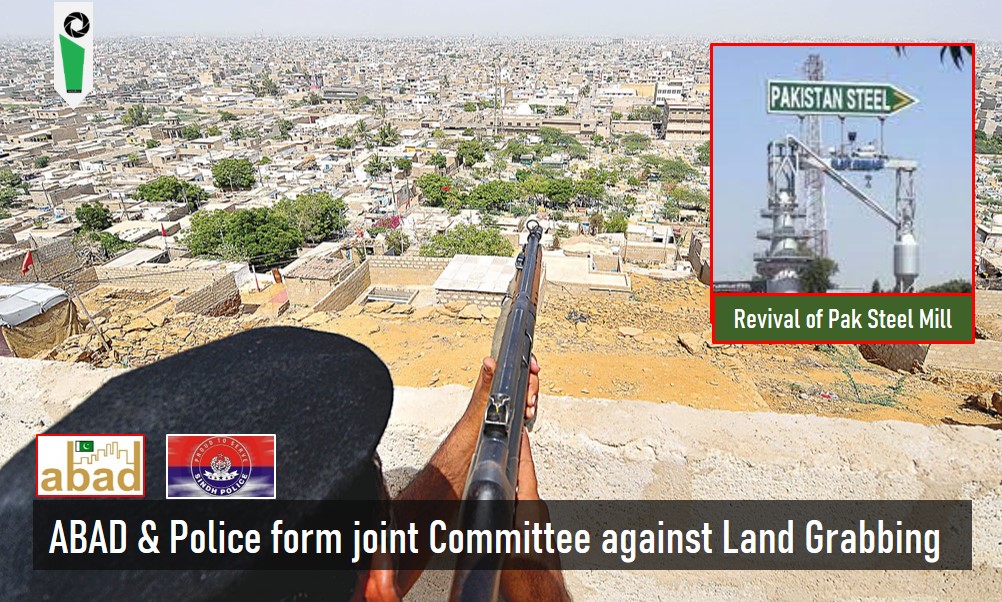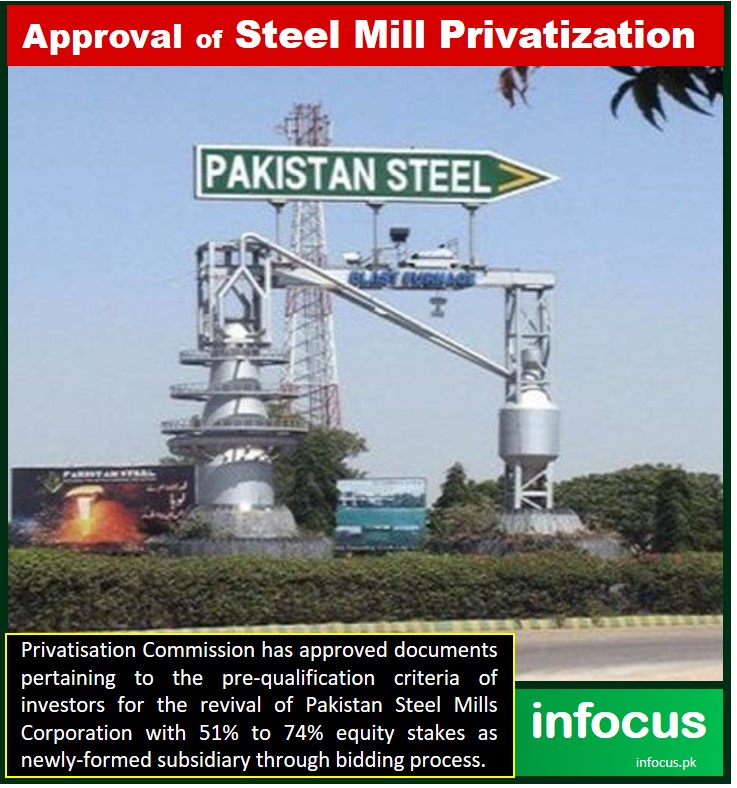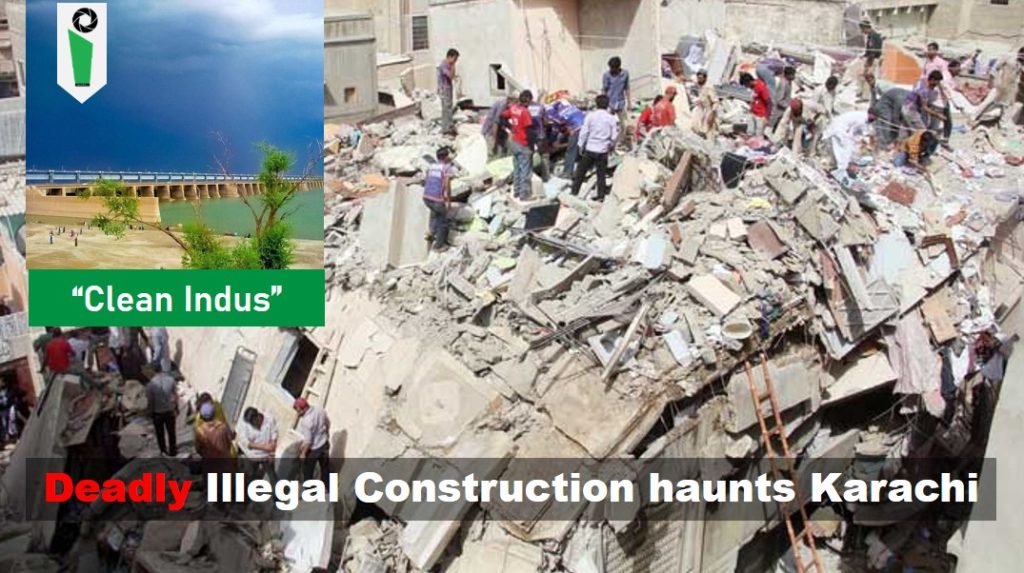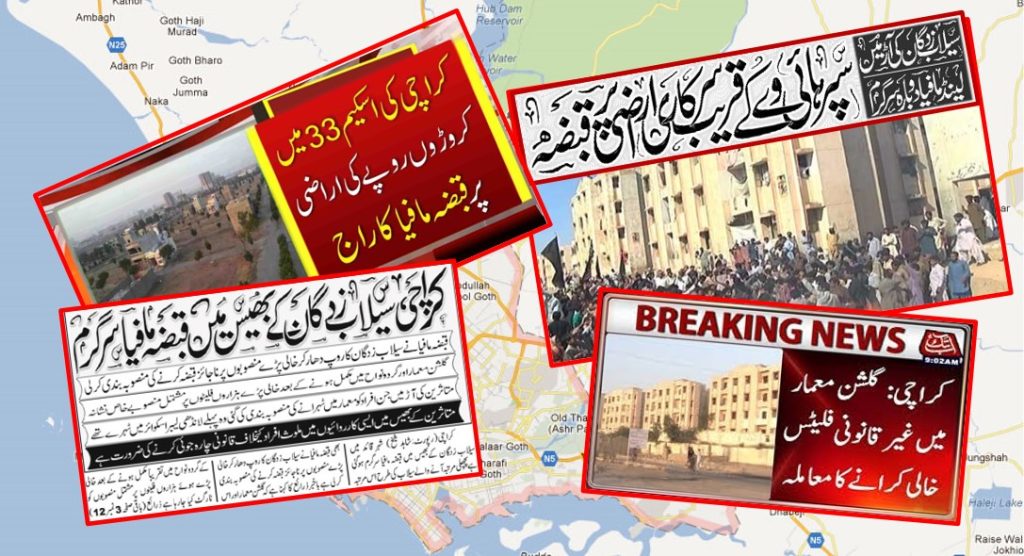
29 October 2023
Revival of Pakistan Steel Mill on the Cards
The federal government has reportedly decided to revive the Pakistan Steel Mill (PSM), — country`s largest steel production unit– through the Ministry of Industries and Production ater failing to get any buyer. As when the Senate Standing Committee on Industries and Production inquired about the future of the PSM after it was taken off the privatisation list, the Secretary Privatisation Division briefed the committee that the PSM was included in the privatisation list on June 17, 2019, however, the Privatisation Commission Board in its meeting held on Oct 6 decided to halt the privatisation process. According to him three out of four Chinese companies vying for PSM withdrew their interest and only one bidder raised concerns about transparency in the process. He further added the Privatisation Commission Board decision has been forwarded to the federal cabinet and after its approval, the Ministry of Industries and Production will be the line-ministry of the PSM to make it operational.

The PSM has been non-functional since June 2015, whereas the country imported iron and steel products worth around $1.89 billion in 2022-23. The officials of the PSM informed the committee that the state-owned entity was incurring an annual loss of around Rs30 billion and it had more than 3,000 employees with only three officers. They also informed that while there were 589 staff in the security department, the PSM was suffering yearly loss of Rs12.8 million due to thefts. The committee asked the secretary of industries to record all the inventories to determine any such loss in future and also directed the Ministry of Industries and Production to present their plans for the future of PSM at the next meeting. The ministry would further initiate the process of hiring a CEO for the PSM, followed by its board meeting to determine the future course of action. Meanwhile, the PSM issue will also be taken up at the Special Investment Facilitation Council (SIFC) to assess the cost of production and seek a viable solution for its revival.
ABAD & Police form joint Committee against Land Grabbing
In a meeting held this week at Association of Builders and Developers (ABAD) House, the Karachi police Chief Khadim Hussain Rind said that both police and ABAD will constitute a joint committee to stop extortion and land grabbing in the metropolis. The AIGP assured that the police will fight to finish crimes from the city and that they have taken appropriate measure, which had given encouraging results. He said that short term and long term policies would be formed to stop land grabbing on builders and developers` lands. Giving details of the policies, he said that in the short term policy, builders and developers would complain to area SSPs, who will solve the complaint within hours. In the long term policy, a committee comprising representatives of ABAD, police and Revenue department would be formed to wipe out land grabbing. The Police Chief lamented that mafias were given name of “system” in Karachi and that Sindh police would not allow such system at any cost. He said that builders and developers were receiving threats for extortions from Iran and Dubai against which police was actively working.
Speaking on the occasion, former chairman and Patron In Chief ABAD Mohsin Sheikhani said that reforms at the police station level was the need of the hour as whenever they started a building project, SHO of the concerned area would arrive at the site for one or the other reasons. He said that there was a dire need of Model Police Stations in Karachi for which they were trying form a committee with the Home Ministerand Commissioner Karachi. He said that members of ABAD were busy in construction all over Pakistan but works on almost fifty percent of the projects were stopped due to the current economic crisis. While Chairman ABAD Asif Sumsum appreciated the Karachi police for actively supporting builders and developers against extortionists and land grabbers despite limited resources. But, he said that still the police needed to do more to wipe out the menace. He demanded that all SOPs which were agreed upon during a meeting with DIGs for the safety and security of builders and developers be implemented effectively.
Pakistan’ Potential of Carbon Trading
In a world that`s becoming increasingly aware of the effects of climate change, governments around the world have been using different carbon pricing mechanisms to limit CO2 emissions. And, Pakistan has substantial potential for emission reductions in energy, transport, industry and agriculture, which makes its marginal abatement cost “considerably lower” than that of many other countries. Speaking at a seminar this week about “Leveraging carbon markets to enable private investment,” National Disaster Risk Management Fund CEO Bilal Anwar said stakeholders should identify potential sectors for carbon trading. These mechanisms include carbon tax, emissions trading system, carbon offsetting, results-based climate finance and internal carbon pricing. “With the Paris Agreement becoming effective and demand for global carbon credits increasing, the price of carbon credits has shown a growing trend and is likely to increase in the future,” he adds.
Carbon markets are either voluntary carbon markets (VCMs) or compliance carbon markets (CCMs). The first category consists of decentralised markets where private actors voluntarily buy and sell carbon credits that represent certified removals or reductions of GHGs. In contrast, CCMs are governed by `capand-trade` regulations where carbon emission certificates for domestic firms and sectors are issued by government organisations or international bodies like the United Nations. Thus, a carbon credit works as a financial instrument equivalent to either the right to emit one metric tons of CO2 (an allowance) or the reduction of one metric ton of CO2 (i.e. an offset). Participants in a carbon market are then allowed to trade emission reduction permits to make profits from unused allowances. A number of national carbon markets have emerged in different parts of the world in view of the internationally agreed timeline to hit net-zero GHG emissions by 2050.
SBCA undertakes to act against Illegal Construction
In our last Weekly Brief, we mentioned that the judiciary expressed serious resentment over the Sindh Building Control Authority`s inaction with regard to the illegal construction of a building and summoned its Director General (DG). The DG of the Sindh Building Control Authority (SBCA) assured the Sindh High Court this week that the authority would take effective measures against illegal and unauthorised construction in the city. Appearing in court of two-judge bench headed by Justice Nadeem Akhtar, the DG submitted that he would call a meeting of all directors and other officials within seven days for ensuring effective and robust steps to avoid illegal and unauthorised construction. The bench directed the SBCA chief to place on record a copy of the minutes of such meeting on the next hearing.

It is significant to mention that the SHC has repeatedly been issuing directives to the SBCA on hundreds of petitions filed against illegal construction in different parts of the city but the authority remained unable to comply with court orders regarding demolition of structures built either illegally or in violation of approved building plans. Although, the DG of SBCA this time undertook to activate the vigilance department and teams of the SBCA to implement all the orders passed by the SHC in respect of illegal construction in the city. Yet the bench has given him a final chance to make compliance of a court order regarding illegal construction in a Lyari locality by Nov 28. The bench also sought the final report of an inquiry committee, constituted in December last year, for ascertaining the names of delinquent officials who allowed or failed to stop illegal construction in their respective jurisdictions and areas.



